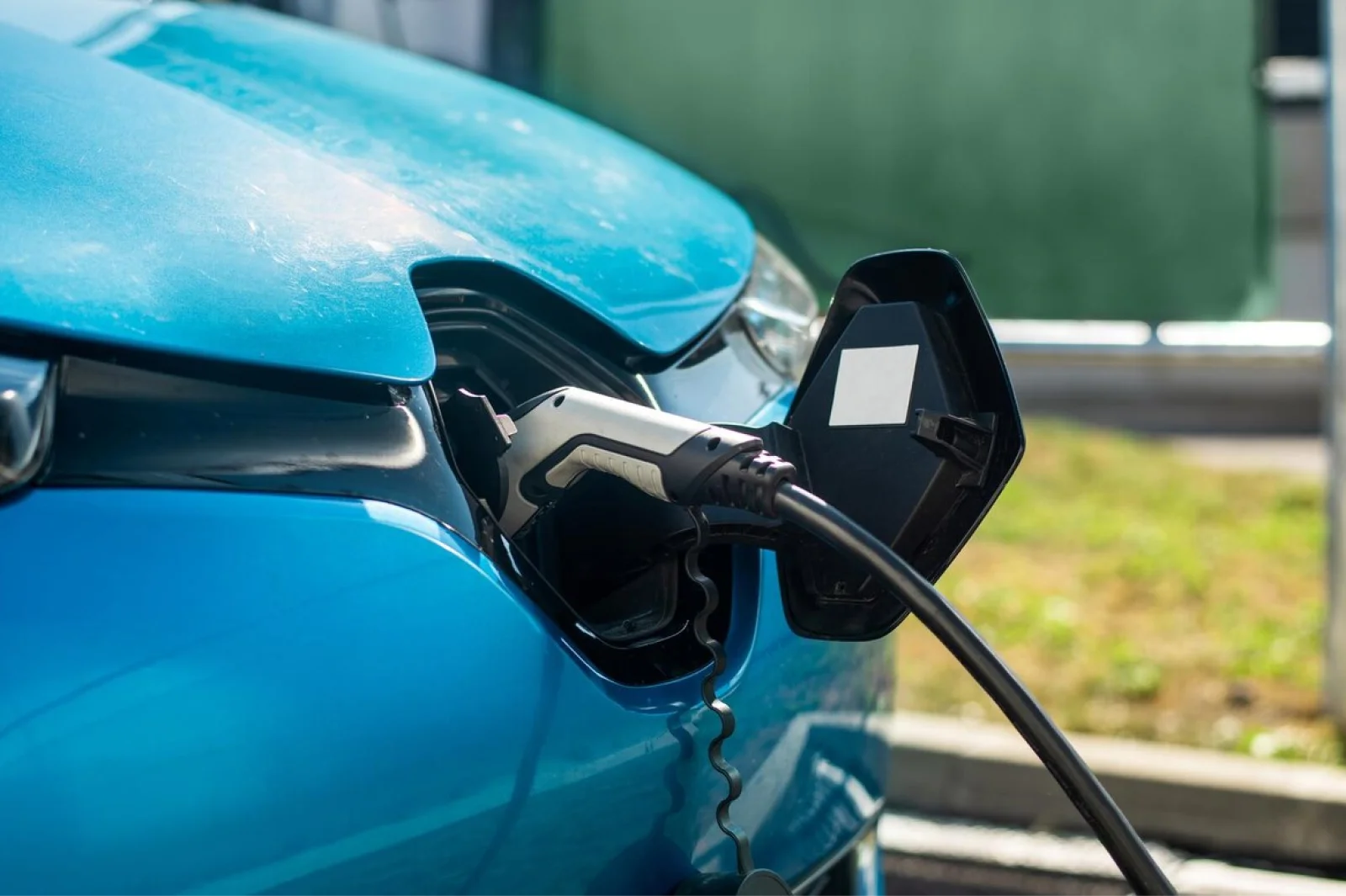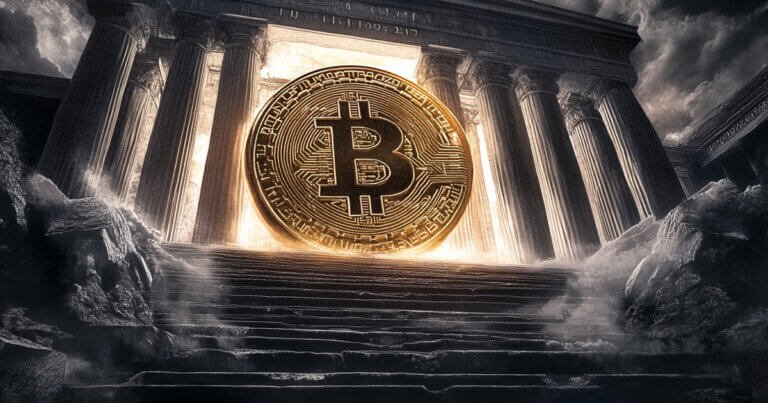The financial world is buzzing with discussions about Bitcoin not just as a digital currency but as a potential strategic reserve asset. The idea that the US government might one day recognize Bitcoin in the same way it holds gold or foreign exchange reserves is gaining traction, and it could be one of the most significant developments in global finance. In this blog, we’ll explore why Bitcoin is being considered for this role, the implications for the US economy, and what it could mean for global markets.
Why Bitcoin is Entering the Strategic Reserve Debate
The Digital Gold Narrative
For years, Bitcoin has been referred to as “digital gold”, and for good reason. Like gold, Bitcoin is scarce — capped at 21 million coins. Its decentralized structure makes it resistant to manipulation, and its adoption has grown steadily worldwide. In times of inflation and monetary instability, investors flock to assets that can retain value, and Bitcoin’s deflationary design positions it as a hedge against traditional fiat currency risks.
The US government already maintains a massive gold reserve as a way to strengthen the dollar’s credibility and provide a safeguard against economic shocks. Bitcoin could play a similar role in the digital age, offering an alternative that’s more adaptable to the technological and globalized nature of modern finance.
Rising Institutional and Global Adoption
Major companies such as Tesla, MicroStrategy, and Square have already added Bitcoin to their balance sheets. Additionally, nations like El Salvador have gone a step further, declaring Bitcoin legal tender and incorporating it into national reserves. While critics point to volatility, the long-term trajectory of adoption suggests that ignoring Bitcoin could be riskier than embracing it.
If the US were to formally recognize Bitcoin as a reserve asset, it would legitimize the cryptocurrency on a global scale and potentially set the stage for other nations to follow. This could spark a global race to accumulate Bitcoin as part of strategic economic policy.
Potential Benefits for the US Economy
Hedge Against Inflation
Inflation has been one of the most persistent threats to the US economy in recent years. As the Federal Reserve continues its delicate balancing act with interest rates and money supply, Bitcoin offers a hedge because of its fixed supply. Unlike the dollar, which can be printed in unlimited quantities, Bitcoin’s scarcity makes it inherently resistant to devaluation.
Adding Bitcoin to the reserve mix would diversify the US’s safety net against inflationary shocks, strengthening financial resilience.
Technological Leadership and Innovation
The US has historically been at the forefront of technological revolutions — from the internet to artificial intelligence. By recognizing Bitcoin as a strategic reserve asset, the government would signal its commitment to leading in blockchain innovation rather than lagging behind. This move could attract more fintech startups, venture capital, and talent to the US, reinforcing its dominance in the digital economy.
Geopolitical Leverage
Global reserve assets aren’t just about economics; they’re also about power. China, for instance, has made significant strides in developing its digital yuan as part of its broader geopolitical ambitions. If the US embraces Bitcoin strategically, it could counterbalance China’s influence and maintain the dollar’s supremacy in international trade.
Holding Bitcoin in reserves would also strengthen the US’s ability to set the tone for international regulations on digital assets, ensuring American standards lead global frameworks.
Risks and Challenges of Recognizing Bitcoin
Volatility Concerns
The most common argument against Bitcoin as a reserve asset is its volatility. Unlike gold, which has relatively stable value over long periods, Bitcoin’s price can swing dramatically in a matter of hours. This unpredictability could pose challenges in maintaining stable reserve portfolios.
However, some analysts argue that as adoption grows and supply remains fixed, Bitcoin’s volatility will gradually decrease, much like gold in its early days of being recognized as a global asset.
Regulatory Uncertainty
The US government has taken a cautious approach toward cryptocurrencies, with agencies like the SEC and CFTC still defining their regulatory stance. Recognizing Bitcoin as a reserve asset would require clear policies, frameworks for custody, and safeguards against misuse. Without strong regulatory clarity, the risks of misuse, money laundering, or market manipulation remain high.
Environmental Concerns
Bitcoin’s energy-intensive mining process has faced criticism from environmental groups. Incorporating it into strategic reserves could draw backlash unless the US ensures that Bitcoin mining increasingly shifts toward renewable energy sources. The good news is that the Bitcoin industry has already been moving in this direction, with many mining operations using hydro, solar, and wind energy.
The Global Ripple Effect
If the US formally recognizes Bitcoin as a strategic reserve asset, the impact would be felt worldwide. Other major economies like the European Union, Japan, and even developing nations might accelerate their own adoption strategies. Countries already vulnerable to currency crises may see Bitcoin as a lifeline, further globalizing its role.
This shift could also lead to a dual-reserve era, where traditional assets like gold and US Treasury bonds coexist with digital assets like Bitcoin. The result would be a more diversified, multi-asset global reserve system that reflects the realities of a digitized world.
What Lies Ahead
The idea of Bitcoin as a strategic reserve asset is still speculative, but it’s gaining momentum in policy and financial circles. As the US grapples with inflation, competition from China, and the need to maintain global financial leadership, Bitcoin could become an unlikely but powerful ally.
For now, investors, policymakers, and the fintech community are watching closely. The path forward will likely depend on how quickly regulatory clarity emerges and whether Bitcoin can continue to shed its reputation as a volatile “speculative asset” to become a core pillar of global finance.
One thing is certain: the conversation is no longer about if Bitcoin will play a role in reserves, but when and how.



















